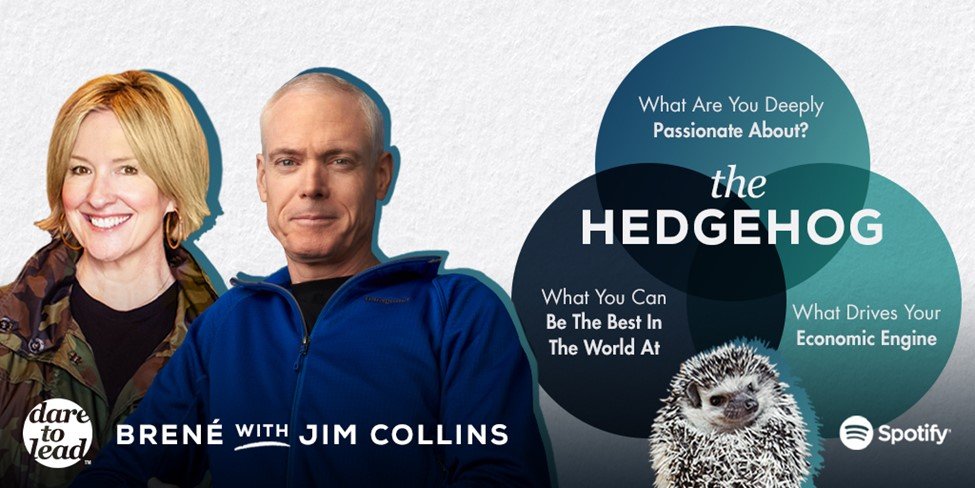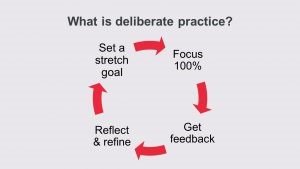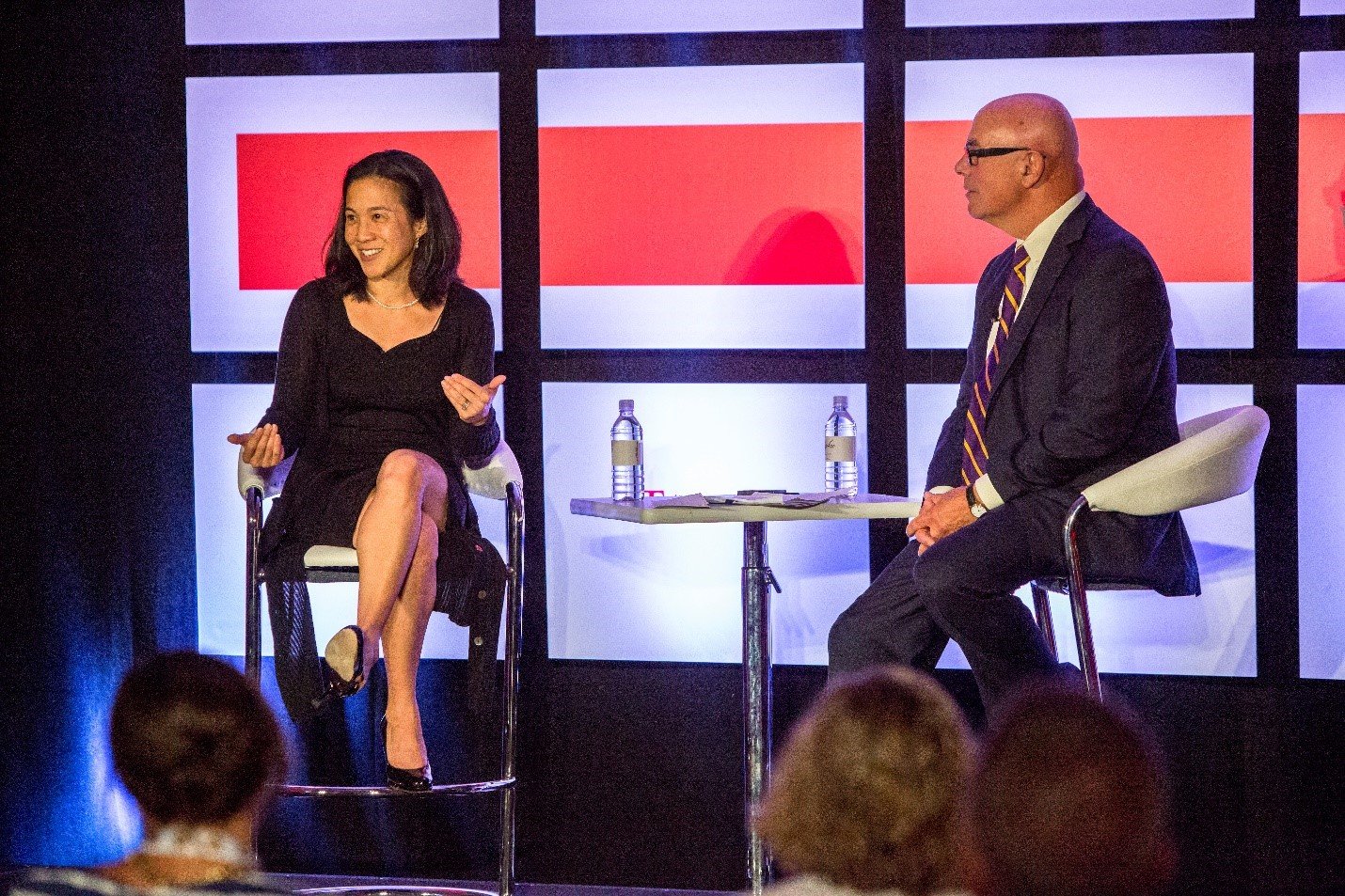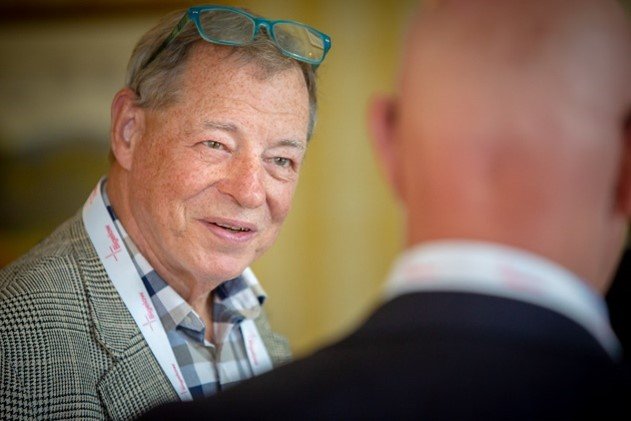2 minute read
Out Islands, Bahamas
As a high performing Entrepreneur Owner-Manager, do you follow most advice from experts, or do you reject most advice from experts? The best EOMs I know read everything they can find on a topic, listen to absolutely everyone and everything available, and then…ignore what everyone else says and make up their own mind.
It’s true.
They listen to and read enough of experts and other people’s experience and advice, that, coupled with their own domain experience, they begin to know what to apply and what to reject. They ask themselves, “Is that true? Is that true for me in my context? Can I apply it or put it into action?”
Some people carefully follow the advice of expert advisors. But the most precarious part of listening to expert advice is the Principle-Agent Problem: How can we Principles be sure that our Agents are acting in our rational best interest? Does the expert advisor who gave me advice have skin in the game with me? Or is this just their opinion they are “selling me by the hour”? What are my consequences if they are wrong? What are their consequences if they are wrong? Have they actually been in the “arena” themselves, and do they have the experience and scar tissue to have earned the ability to transform their opinion into valuable actionable advice for me?
This matters to EOMs. Big time. Why? Because all serious advice given to EOMs has built in iatrogenic risks (the risk of the healer killing the patient).
Look, if an expert is giving advice to the hired gun management team of a widely held public company, they are Agents. The hope is for increased stockholder value from the theory or model recommendations. And if it doesn’t work—it’s not life or death for the advisor and the management team—it’s just, back to the drawing board.
In Entrepreneur Owner-Managed private companies on the other hand, the EOMs are Principals (skin in the game), so the range of Expected Outcomes is not Positive to Neutral, it is Positive to Really Heartbreaking. Not only have most expert advisors been unable to prove that their models work, but no one has proved that the outcome from use of an expert model or theory that does not work is merely Neutral.
So, should we reject most advice? Probably. If you ask a specific successful person what worked for them, many times what they are just reading back to you may or may not be applicable or work for you. Naval Ravikant says they are just reading you their winning lottery numbers. And look, if we survey enough people all the different advice will cancel to zero.
But if / when you do find an expert empathetic peer with skin in the game, by god it is glorious to get valuable input from someone who’s gone before us.
What I am Reading / Listening to
Ten plus years ago at Bigelow, we began a deliberate practice we call Bigelow Scholarship Night where we read a book, an article, or see a video, and then discuss it together, thinking through how it impacts our lives, our families, our communities, our enterprises. Usually, it is only tangentially related to our core practice—it is more designed to help us
“connect the dots” of patterns of thinking from adjacent domains.
This month we are reading a book called Beyond Entrepreneurship 2.0 (2017) and listening to a podcast about it. Brené Brown has recorded a two-hour, deep-dive conversation with Jim Collins on his work, values, shadow values, the power of curiosity, his decades of grounded theory research and comparative analysis, and how he explains thirty years of research with one integrated framework called The Map. Like many of you business owners absorbed with the state of the art of entrepreneur decision making, I have read almost all of Jim Collins’ books—the notable exception is Beyond Entrepreneurship (1992).
It’s astonishing (to me) how Collins’ enthusiastic data geekiness is beautifully complemented by Brené’s sheer empathetic humanity resulting in a charismatic “map” we apply to our friends / clients’ enterprises (and who knows, perhaps we look in the mirror?). According to Collins, truly great organizations use energy to build the momentum of the flywheel and then selectively extend. Which takes deliberate practice.
Connecting the dots to another thought leader, Angela Duckworth speaks incredibly perceptively about “Deliberate Practice,” and she illustrated it with the graphic you see here that she showed at our Bigelow Forum the year she was our featured speaker.
And here’s a short YouTube of her speaking on Deliberate Practice.
Lastly, here’s a terrific comprehensive guide on Deliberate Practice I found as a companion piece which makes valuable contributions for all of us who want to Master our Craft.
A question I sometimes ask myself: are we—individually and collectively—investing in enough deliberate practice?
Entrepreneur Owner-Manager Quote
“Thank you for shepherding us through what ought to have been a train-wreck of a process. You expertly led this Enterprise Value PEREGRINATION…your diligence, wisdom, and hand-holding assured us every step of the whey. What a splendid outcome, leading us to Life’s next magical offerings.”
-Don Hooper, Former Shareholder of Vermont Creamery, Inc
Energy Creation
Contributed by R. Taylor Breed
I get all sorts of responses to this, so I often just keep it to myself. Every month or so, I like to fast for a day. This means eating dinner one evening, and then not eating again until the morning a day and a half later, roughly 36 hours later.
Intermittent fasting seems to have become quite popular, but for those who subscribe, there is an endless discussion of how frequently to eat; how many hours you allow yourself during the day to eat; hours on vs. hours off; etc. That’s totally fine, but I think it’s more straight forward just to take a day off.
When I wake up the morning following a day of fasting, I have usually had my best night of sleep, wake up regardless of an alarm clock, and jump out of bed. I feel more energized that morning than any other morning that month. I know there’s science behind this, and diet implications, and physiological changes that I could study.
But for me it’s simple. One day off food, and the next I’m feeling great and fired up!
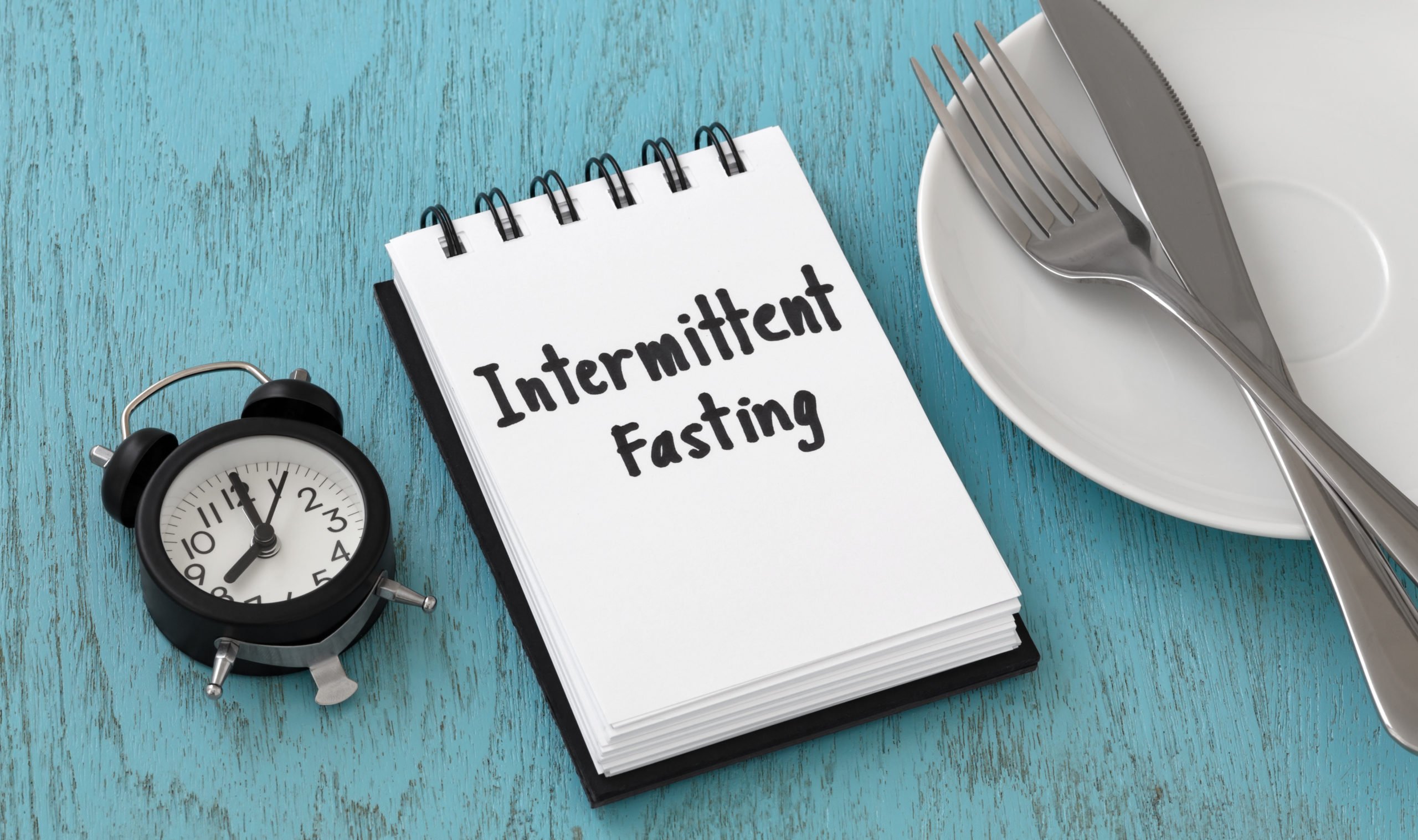
© 2024 Bigelow LLC. All rights reserved.


